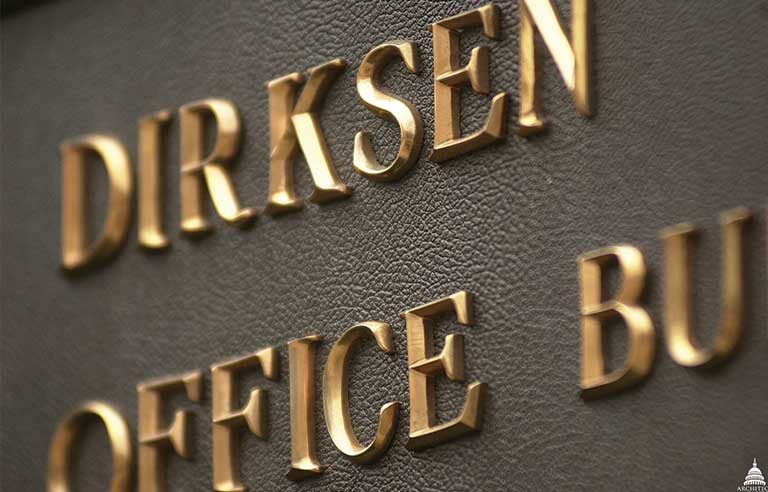‘Promote safe and healthful workplaces in the legislative branch’: OCWR releases strategic plan

Washington — Focusing on the safety and health of legislative branch workers is among the goals listed in the Office of Congressional Workplace Rights’ 2019-2023 Strategic Plan, released June 5.
OCWR, formerly known as the Office of Compliance, enforces the Occupational Safety and Health Act of 1970 in much the same way the secretary of labor enforces the act on the private sector.
OCWR will “promote safe and healthful workplaces in the legislative branch and fully accessible facilities for congressional constituents and visitors,” the document states. To start, the office will conduct occupational safety and health inspections of all member offices on Capitol Hill. Identifying high-risk areas will be a key focus. The agency plans to conduct targeted inspections aimed at limiting or minimizing these risks, while emphasizing member compliance with written health and safety programs.
Other actions:
- Provide preconstruction assessments and advice to prevent the creation of hazards and barriers to access.
- Provide more educational and training opportunities for stakeholders by sharing resource materials via social media and other formats.
- Expand its self-inspection program to state and district offices while promoting and growing the Safety Recognition Award and Safety Advocate Award programs.
- Increase enforcement and education efforts for employing offices that have a pattern of repeat occupational safety and health concerns.
OCWR was formed by the Congressional Accountability Act of 1995. The agency works to protect more than 30,000 legislative branch workers nationwide.
Post a comment to this article
Safety+Health welcomes comments that promote respectful dialogue. Please stay on topic. Comments that contain personal attacks, profanity or abusive language – or those aggressively promoting products or services – will be removed. We reserve the right to determine which comments violate our comment policy. (Anonymous comments are welcome; merely skip the “name” field in the comment box. An email address is required but will not be included with your comment.)

